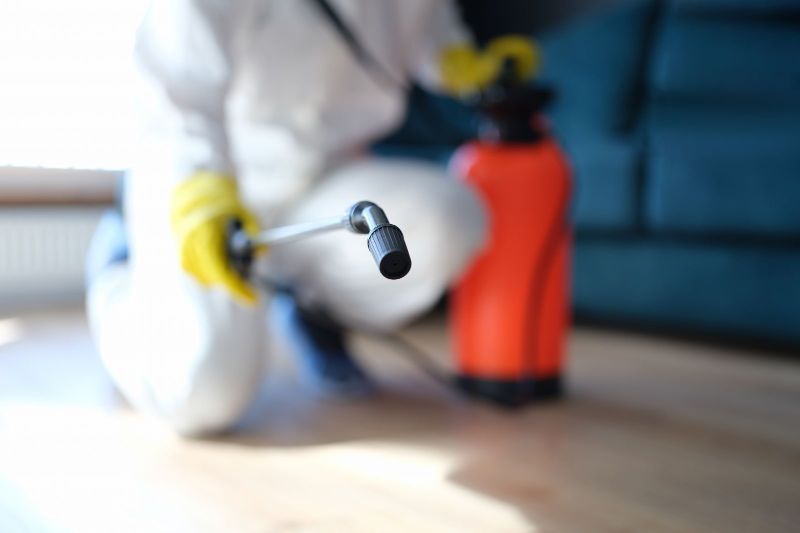Biohazards pose a significant threat to both the environment and human health. Whether in residential, commercial, or public spaces, these hazardous materials demand prompt and meticulous cleanup to prevent further contamination and potential health risks. Understanding the crucial importance of biohazard cleanup is the first step towards safeguarding our environment and well-being.
Understanding Biohazards
Biohazards encompass a broad spectrum of materials, including blood, bodily fluids, medical waste, chemicals, and more. They can stem from various sources such as accidents, crime scenes, industrial spills, or natural disasters. The potential dangers they pose range from infections and diseases to environmental degradation.
Risks to Health
The presence of biohazards introduces severe health risks. Bloodborne pathogens, for instance, can transmit infectious diseases like HIV, hepatitis B, and hepatitis C. Improper handling and disposal of biohazardous materials can lead to contamination of water sources and soil, impacting ecosystems and posing long-term threats to public health.
Importance of Proper Cleanup
Thorough biohazard cleanup is vital to mitigate these risks effectively. Trained professionals equipped with the necessary tools and knowledge follow stringent protocols to ensure complete decontamination. Their expertise minimizes the spread of hazardous materials, effectively containing the threat they pose to both the environment and human health.
Steps in Biohazard Cleanup
- Assessment: A comprehensive assessment of the affected area determines the extent of contamination and the necessary cleanup procedures.
- Containment: Creating barriers and using specialized equipment prevents further spread of biohazardous materials.
- Removal and Disposal: Proper removal and safe disposal of biohazardous waste follow strict regulations and guidelines to prevent recontamination.
- Cleaning and Decontamination: Thorough cleaning using specialized chemicals and equipment ensures complete elimination of biohazards.
- Validation: Verification processes, such as testing and inspection, confirm the successful elimination of hazards.
Professional Cleanup Services
Seeking professional biohazard cleanup services is paramount. These experts possess the requisite training, experience, and protective gear to handle hazardous materials safely. They adhere to industry standards and regulations, ensuring a meticulous cleanup process that minimizes risks to both the environment and individuals involved.
Promoting Environmental Safety
Beyond immediate cleanup, preventing biohazard contamination requires proactive measures. Public awareness campaigns, education on proper waste disposal, and implementing stringent safety protocols in various industries contribute to minimizing biohazard risks. Encouraging responsible practices within communities and workplaces fosters a safer environment for all.
Regulatory Compliance
Compliance with local, state, and federal regulations is non-negotiable in biohazard cleanup. These regulations establish guidelines for handling, transporting, and disposing of hazardous materials. Adhering to these standards not only ensures safety but also avoids legal repercussions.
Biohazard cleanup plays a pivotal role in preserving environmental integrity and safeguarding human health. Its significance extends beyond immediate cleanup efforts to fostering a culture of responsible waste management and safety practices. Engaging professional cleanup services, adhering to regulations, and promoting awareness are essential steps toward creating a safer, healthier environment for current and future generations.
As awareness grows and technology advances, the ongoing commitment to biohazard cleanup remains crucial in combating the potential threats posed by these hazardous materials. Safeguarding our environment and health requires a collective effort and a steadfast dedication to implementing best practices in biohazard cleanup.

